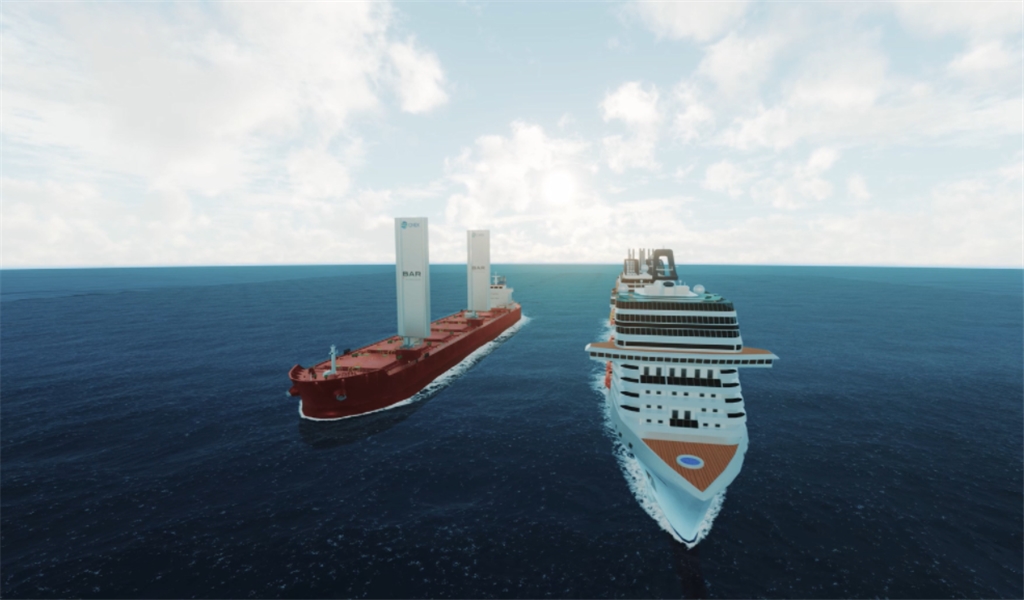Project CHEK – deCarbonising sHipping by Enabling Key technology symbiosis on real vessel concept designs – is an EU Horizon 2020-funded project that aims at achieving zero-emissions shipping by reconfiguring the ways ships are designed and operated.

The CHEK consortium is led by the University of Vaasa, and the other project partners include WMU, Wärtsilä, Cargill, MSC Cruises, Lloyds Register, Silverstream Technologies, Hasytec, Deltamarin, Climeon and BAR Technologies.
The project focuses on bringing together design optimisation and a combination of innovative energy technologies that operate in symbiosis to reduce greenhouse gas emissions by 99%, achieve at least 50% energy savings and reduce black carbon emissions by over 95%.

The key technologies include sail power, hydrogen propulsion, waste heat recovery, battery electric power, hull air lubrication, innovative anti-fouling technology and digital operational improvements. Some of the technologies will be demonstrated at full scale with two unprecedented vessel designs ‒ an energy-optimised bulk carrier and a hydrogen-powered cruise ship ‒ that are based on real operational profiles.
Deltamarin plays a central role in the project, including the CHEK case vessel design and digital modelling. The case ship modelling and optimisation are performed in various generations from “digital prototypes” to “digital twins”, including realistic operational profiles, recorded from existing ships. The final outcome of the project will be a “future-proof ship design platform” that is suitable for all major ship types, not limited to the CHEK case vessels alone. The starting point for the technical development is Deltamarin’s digital modelling toolbox including DeltaSeas and DeltaKey, backed up by optimisation methodology developed in the past by both Deltamarin Poland and Deltamarin Finland. Examples of the recent optimisation work were reported in development project INTENS.
In the coming months, CHEK will focus on preparing for its real vessel demonstrations. The two CHEK vessels will start sailing at the end of 2022 and will have completed their journeys by 2023. Project CHEK is expected to be completed by June 2024.